‘Success is going from failure to failure without losing enthusiasm.’ So said Winston Churchill. But has ‘failure’ become a dirty word in Scottish classrooms? And have schools become too politically correct?
That’s certainly the view of more than one teacher I have spoken to.
One said they had been encouraged to say that a pupil had experienced ‘delayed success’, rather than ‘failed’ an exercise.
The teacher described this as “not helpful” in helping pupils improve.
Instead, they said that ‘failing’, learning from the ‘failure’, improving, and coming back and trying again, is a perfectly natural and beneficial part of the learning and improving process for all kids.
‘We can’t sugar coat life for them’
Dan Warrender is a lecturer in mental health nursing at Robert Gordon University (RGU) in Aberdeen.
He said there is a balance to be struck. While it’s a positive that schools are taking mental health more seriously, kids need to be ready for adult life and all its ups and downs.
“Excessive competition can be detrimental to people’s mental health,” he said.
“Certainly perfectionism is a known issue, particularly for younger adults. Often their sense of wellbeing is tied to their level of achievement.
“We just need to be careful in case kids internalize that sense of failure. They can think ‘oh, I’ve failed’, and then internalize that to be ‘I am a failure’.
“On the other hand, we can’t sugar coat life for them. They are going to go out into the world, where they’re going to experience people getting ahead of them, people getting the job that they wanted, essentially not getting everything they want in life.”
The P&J has previously looked at education in countries which outperform Scotland in the Pisa tests.
Several parents we spoke to – expats living in the north and north-east – pointed to Scottish schools being too politically correct.
They attribute their countries’ educational success at least in part to its competitive nature and open dialogue on success and failure.
‘Life is a race’
Aiky Goh, originally from Singapore, lives in Inverness where she has a child at Crown Primary School.
She said Singaporeans develop an innate competitiveness and drive to succeed while still at school, which serves them well in later life.
“I don’t believe in not giving out medals during sports day for fear of offending the losers,” she said.
“Sadly, this is commonplace now in Scottish schools.
“Real life is a constant race. If kids are not taught that reality from a young age, how will they have the drive and motivation to work hard and succeed?”
‘Participation trophies’
Not giving out medals is one way of not upsetting anyone.
Another is to give awards to everyone, such as the phenomenon of ‘participation trophies’ at school sports days.
Based upon the idea that it will enhance children’s self-esteem, many see them as a harmless encouragement to kids.
Others, however, such as the Novak Djokovic Foundation, say they breed complacency and a sense of entitlement among youths.
Dan said: “I appreciate the intent of schools in trying to think about people’s feelings. That’s definitely a step forward compared to where we used to be.
“But while we might be protecting their mental health in the moment, does it impact them in the future? Like when they don’t get the job, but don’t get a participation medal for showing up to the interview either.”
Open teachers, frank discussions
Violet Li is originally from Quanzhou in China, but has lived in Aberdeen for 18 years. She has one child in primary school and another in secondary school.
She said Chinese teachers communicate openly and frankly about a child’s progress.
Pupils have their rankings published for others to see. And parents are kept fully aware of their child’s progress, whether flattering or not.
The idea is to not only foster competitiveness, but also give parents the chance to intervene when their child is struggling.
“In Scotland it can be very hard to find out if your child is doing well in school or not,” said Violet.
“The teachers tend to be very careful with what they write in the end-of-term report.
“In China you have your rankings published in black and white for everyone to see. It’s perhaps cruel, but it’s effective.
“In Scotland, things have changed. Years ago, things like telling parents their child isn’t doing well would have been a fairly straightforward thing.
“Now you have to be careful, you have to be mindful of the child’s and parents’ feelings or you could get into trouble. I find that quite extreme.”
‘What do we measure as success in a society?’
Dan said every society has a balance to strike, and that academic success is not the be all and end all of life.
“I’m not convinced that we should be moving towards those kinds of societies that really fixate on academic achievement,” he said.
“There’s no doubt that they [countries such as Singapore and China] outperform us educationally. But I think if you were to ask these kids how they feel, I’m not convinced they would be feeling that great.
“That’s the balance. What do we measure as success in a society? Is it academic achievement, or is it actually kids who are happy and healthy?
“I don’t think there is a right answer.
“Schools have definitely shifted for the good in terms of paying attention to kids’ mental health, and that’s brilliant.
“But I think they have potentially tipped over the edge in terms of, well, we can’t pretend everything’s fine when it’s not. That’s not helpful for anyone either.”
‘The PC discussion is a distraction’
Highland education chairman John Finlayson denied schools had become too politically correct.
He said: “I suggest the word failure is not helpful. Improvement is a better word.
“I often have bad rounds of golf but I don’t actually fail. I just need to do better, so I evaluate what I need to do to improve the parts of my game that didn’t click.
“If I said to someone, who has just started playing golf and shoots a big score, that they had failed, I doubt that would motivate them to continue.”
And Aberdeen City Council education convener Martin Greig said: “The PC discussion is a distraction from the real responsibility of providing quality education opportunities to every pupil.”
More Schools & Family news
Baby Loss Awareness Week: Three Highland mums share their stories
Aberdeenshire experts share their advice for supporting children with dyslexia
Stromness pupils hoping for a royal reply after writing to the King

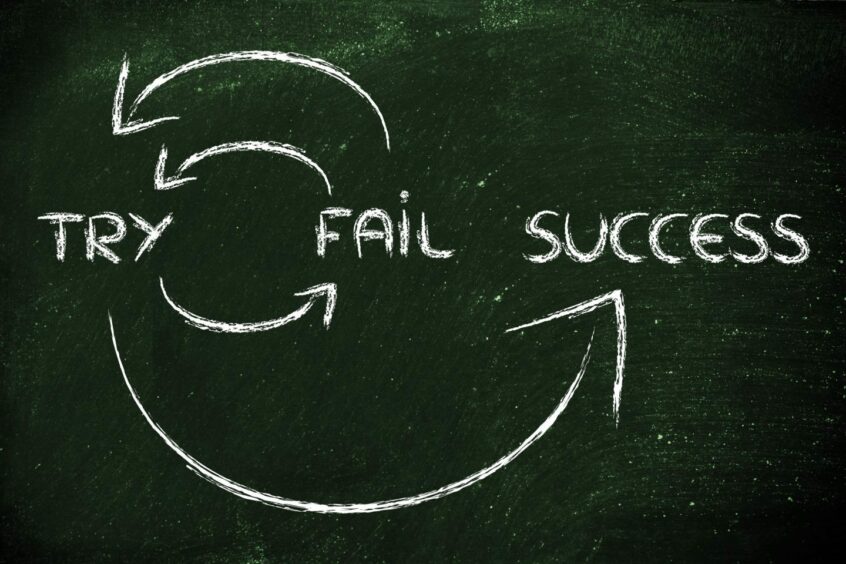



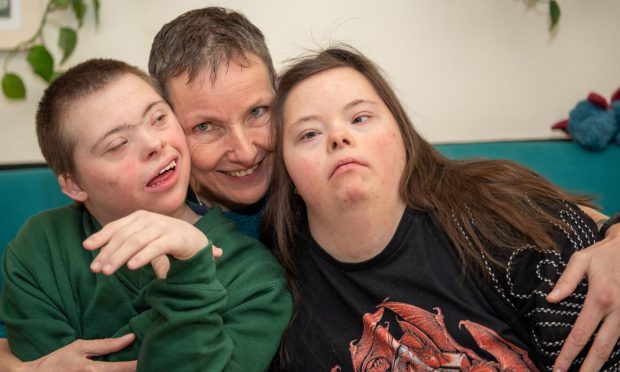

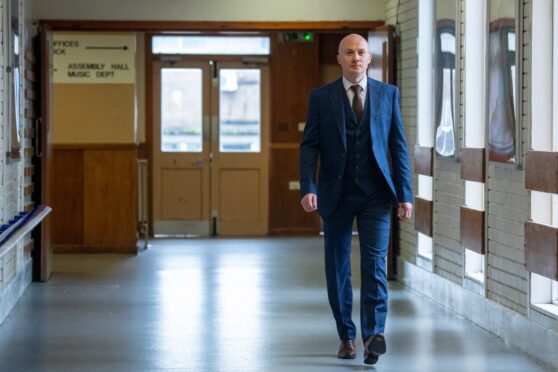
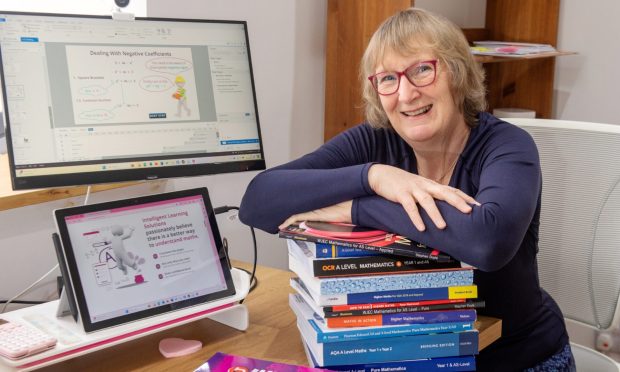
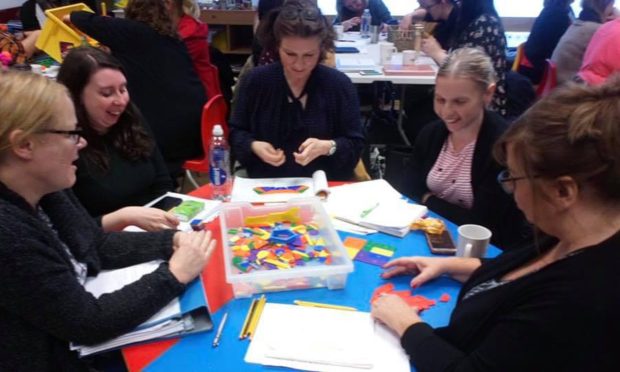
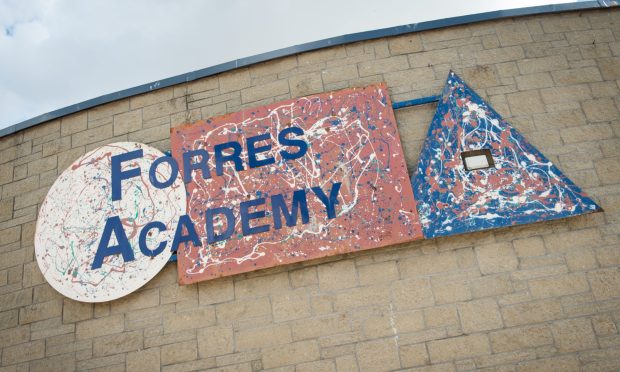

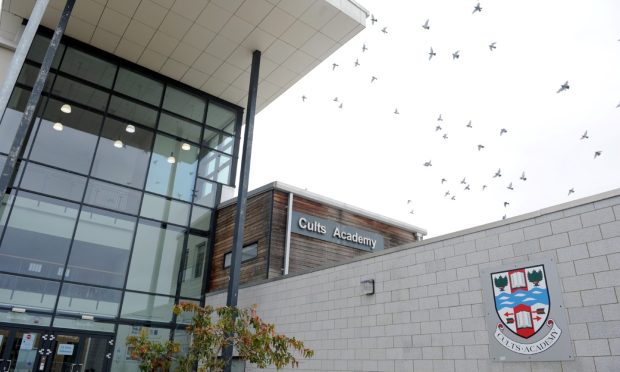

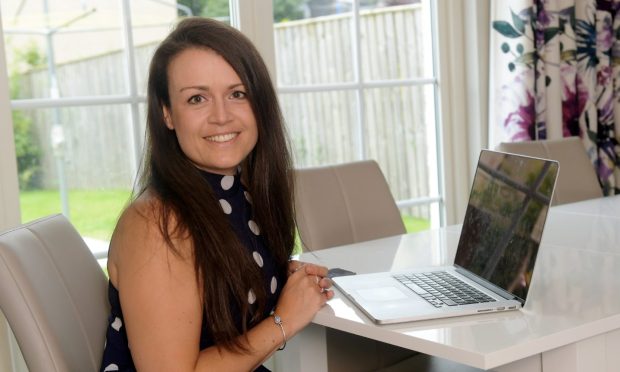
Conversation